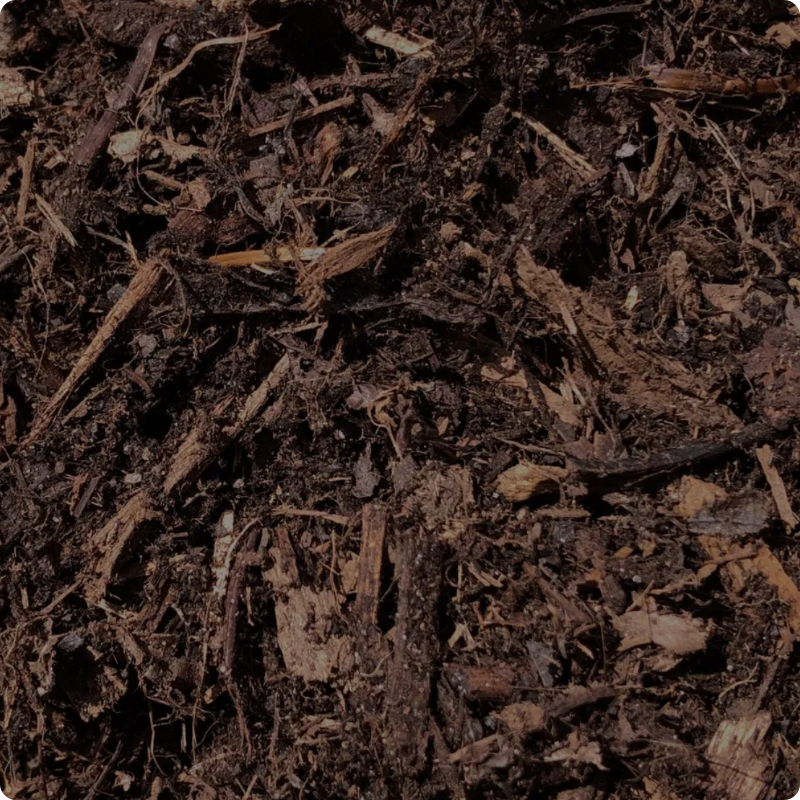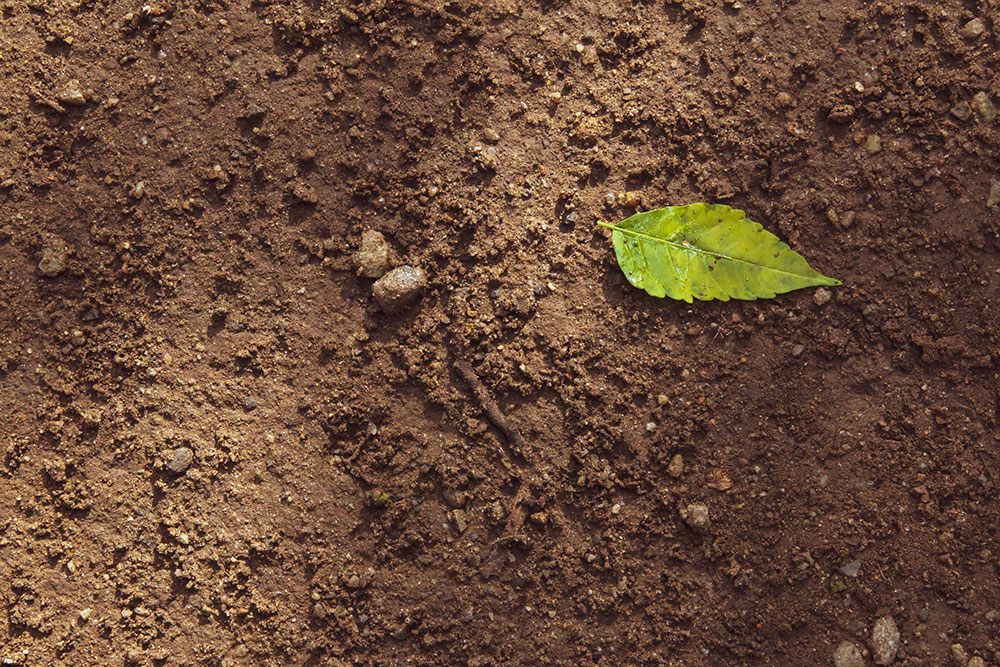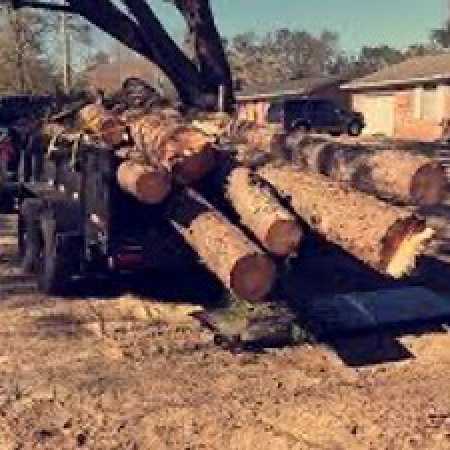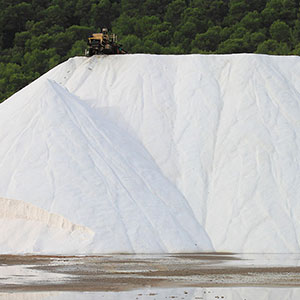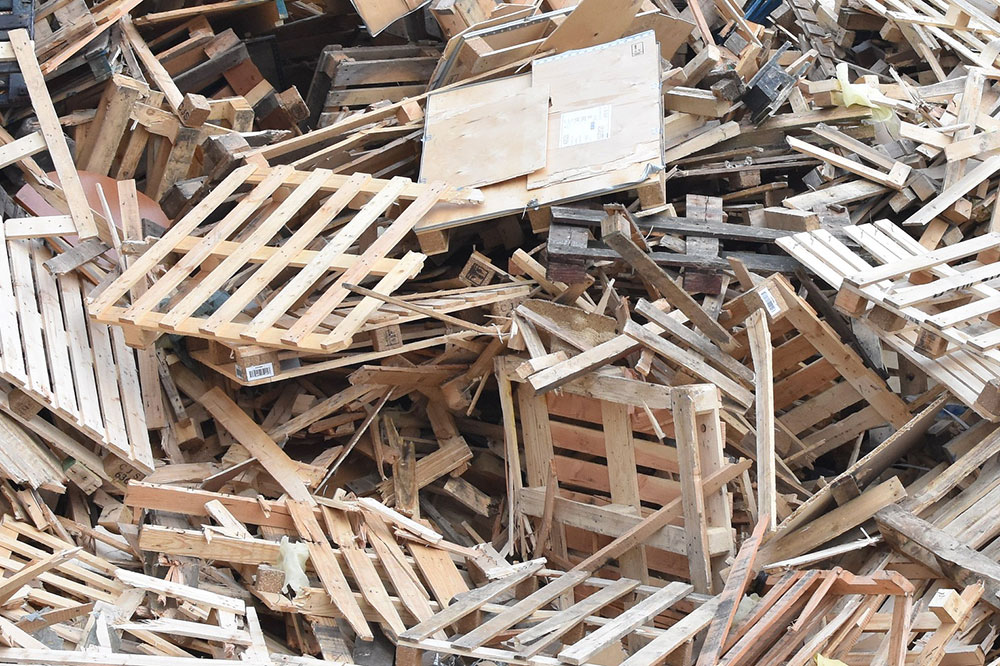Garden mulch is an essential component for maintaining optimal garden health. Not only does it provide a protective barrier for your plants, but it also helps to retain moisture, suppress weeds, and regulate soil temperature. With a wide variety of garden mulch available on the market, it is important to become familiar with the different types and their specific benefits to ensure that you are making the best choice for your landscape by finding the ideal landscape supplies.
One popular option among gardening enthusiasts is black garden mulch. This type of mulch is attractive due to its deep black color which can enhance the contrast of your plants, making them stand out more prominently against the dark background. Aside from its aesthetic appeal, black garden mulch can offer several advantages such as aiding in weed suppression, improving soil structure and fertility, and retaining moisture which is especially beneficial during dry seasons.
For those individuals seeking an eco-friendly solution, there are various options for garden mulch for sale that are made from recycled materials. Selecting the best mulch for your garden depends on several factors such as climate conditions, plant types, and personal aesthetic preferences. Organic options like wood chips or bark offer excellent moisture retention capabilities while also breaking down over time to enrich the soil with nutrients. On the other hand, inorganic options like gravel or stones tend to be more durable but do not contribute any added nutrients to your soil.
When choosing garden mulch for sale it’s crucial to consider factors such as cost-effectiveness, local availability, and how well suited a particular type of mulch will be for your specific needs and requirements. By carefully evaluating these aspects before making a purchase decision you will ensure that you’re investing in a product that will not only enhance the appearance of your garden but also contribute to its overall health and vitality.
What Is Garden Mulch
Garden mulch is a layer of organic or inorganic material that is applied around plants and over the soil surface to conserve moisture, suppress weed growth, regulate soil temperature, improve fertility, and enhance the overall visual appeal of garden beds. As the gardening season approaches, it’s essential to get familiar with some popular types of garden mulch and their benefits.
A common type of mulch used in veg gardens is straw. Straw for garden mulch is an excellent choice as it decomposes slowly, adding nutrients back into the soil. It’s also great at retaining moisture and preventing weeds from growing. However, care should be taken when choosing straw as there’s a possibility that some types may contain seeds which could lead to further weed growth.
Garden mulch bark, particularly shredded bark mulch, offers several advantages when used in gardens. Shredded bark has a finer texture than regular bark chips and tends to decompose more quickly into nutrient-rich compost. This makes it an excellent choice for improving soil structure and fertility while providing an attractive finish to flowerbeds and landscape areas.
When selecting the best and worst mulch options for your garden, keep in mind that different materials may have specific benefits and drawbacks depending on your requirements. Some may excel at moisture retention while others might be better mulch suited for weed suppression or visual appeal.
Selecting the right type of garden mulch can be crucial to achieving a thriving outdoor space that meets all your needs. With various materials available on the market, understanding their unique properties will help you choose the most suitable option for your garden beds.
In conclusion, understanding what garden mulch is and its various forms can significantly benefit your plants’ health by conserving moisture, suppressing weeds, regulating soil temperature, and enhancing overall appearance. Whether opting for straw in veg gardens or utilizing shredded bark mulch as an attractive landscaping element, making informed decisions about the best type of garden mulch will ensure a vibrant and thriving garden for seasons to come.
Best Mulch For Vegetable Garden
Finding the best mulch for your vegetable garden can be an overwhelming task, especially with the plethora of options available in the market. However, selecting the right type of good garden mulch not only enhances the aesthetics of your plot but also plays a crucial role in maintaining healthy plants and improving soil quality. This article will guide you through some of the best mulch for vegetable gardens and help you make an informed decision when searching for “garden mulch near me.”
When browsing for the best vegetable garden mulch, it is essential to consider several factors such as moisture retention, temperature regulation, weed control, and soil enrichment. While various types of organic and inorganic mulches are available, it is generally recommended to use organic materials as they decompose over time and contribute valuable nutrients back into the soil.
One such highly recommended best garden mulch is recycled leaves or composted leaf mold. Rich in nutrients and easy to acquire, this lightweight material efficiently retains moisture while simultaneously suppressing weeds. Additionally, its dark color helps absorb sunlight, thereby warming up the soil faster during spring months.
Straw is another excellent option for vegetable garden mulch as it breaks down relatively quickly and adds organic matter to the soil. Straw also provides excellent insulation from temperature extremes – keeping plant roots cool during hot summer days while protecting them from freezing temperatures in winter months. It is easily accessible and affordable; however, ensure that it has not been exposed to herbicides or contains seeds that could lead to weed infestations.
Grass clippings are a readily available source of nitrogen-rich nutrients that make them a suitable choice for vegetable garden mulching. They should be applied in thin layers to prevent any unpleasant odors or decomposition problems. Additionally, if your lawn has been treated with chemicals or fertilizers, refrain from using grass clippings as they may negatively impact your vegetables’ growth.
Lastly, shredded bark or wood chips provide an aesthetically pleasing option for vegetable garden mulch. They decompose slowly, allowing for a longer-lasting barrier against weeds and retaining moisture. It is crucial to use chips that have been aged or composted to avoid any potential nutrient deficiencies in the soil.
In conclusion, selecting the best garden mulch vegetables thrive in involves considering factors such as moisture retention, temperature regulation, weed control, and soil enrichment. Organic materials like leaf mold, straw, grass clippings, and wood chips are highly recommended. When searching for “bulk mulch near me,” wholesale mulch, or local mulch delivery, consider these options to create a healthy environment for your vegetable garden to flourish.
Best Flower Garden Mulch
The art of creating a beautiful flower garden is not only about choosing the right plants but also about providing them with the best environment to thrive in. One crucial element to achieving this is selecting the best flower garden mulch. Mulch plays several key roles in supporting healthy plant growth. Not only does it help retain moisture, regulate soil temperature, and suppress weeds, but it can also add valuable nutrients back into the soil as it decomposes.
When searching for the perfect flower garden mulch, there are numerous options available on the market. However, some types of mulch are more suitable for landscaping needs than others. To make an informed decision and choose the best type of mulch for your garden, you should consider factors such as appearance, functionality, local availability, and pricing.
One popular option among gardening enthusiasts is organic mulches made from natural mulch materials like leaves, grass clippings, straw, or shredded bark. Such organic alternatives provide a wealth of benefits: they offer an attractive look to your garden while slowly releasing nutrients into the soil as they break down over time. Additionally, organic mulches promote healthy soil structure by fostering conditions ideal for beneficial microorganisms that improve fertility and help with water retention.
For those seeking a more aesthetically pleasing solution without compromising on functionality and environmental impact, wood chips or bark nuggets may be a suitable choice for landscaping purposes. Wood-based products come in various colors and sizes which allow you to customize your garden’s appearance according to personal preferences.
Lastly, consider using stone or gravel as a decorative alternative that offers excellent drainage capabilities along with low maintenance requirements. Although these materials do not contribute any nutrients to your plants, they may still be an ideal choice for creating a visually appealing landscape design.
In conclusion, choosing the best flower garden mulch depends on your specific needs, preferences, and local climate. Organic options like leaves and grass clippings are not only good for the environment but also provide excellent functionality. Wood chips or bark nuggets can create a visually striking appearance while still offering nutrient-rich benefits, while stone and gravel offer low-maintenance beauty. Ultimately, understanding the unique qualities of each mulch type will help you establish a flourishing and eye-catching flower garden that can be enjoyed for years to come.
Garden Mulch Ideas
Garden mulch is an essential component of any green thumb’s toolkit, providing numerous benefits to your plants and soil. As you consider the various options for your garden mulch, it’s important to weigh the pros and cons of each type to ensure your plants thrive and your garden stays in tip-top shape. In this discussion, we will explore some popular garden mulch ideas and delve into the specific advantages of using raised garden mulch in a raised bed setup.
When selecting the best mulch for your garden, it’s crucial to factor in its ability to conserve moisture, suppress weeds, regulate soil temperature, and add valuable nutrients back into the earth. Some popular organic mulches that serve these purposes well include straw or hay, wood chips or shredded bark, grass clippings, or composted leaves. These materials not only meet the aforementioned criteria but also break down over time to improve soil structure.
If aesthetic appeal is a top priority for your outdoor sanctuary, consider opting for more decorative options like cocoa bean hulls or colored wood chips. These also provide excellent weed suppression and moisture retention capabilities while adding visual interest to your landscape design.
Raised bed gardening has grown increasingly popular among horticultural enthusiasts as it offers several advantages over traditional in-ground planting techniques. One major perk includes improved control over soil quality and composition–a critical factor when trying to cultivate healthy plants. Raised gardens also typically suffer from fewer pests and weeds than their in-ground counterparts.
To fully capitalize on these benefits, incorporating raised garden mulch is essential. Mulching can help maintain consistent moisture levels within raised beds by reducing evaporation from the surface of the soil. This allows you to water less frequently while also preventing weed seeds from germinating – ultimately saving both time and effort.
In addition to moisture conservation and weed suppression functions mentioned earlier, using raised bed garden mulch can offer protection against erosion due to heavy rainfall or irrigation – an important consideration given that raised beds are more prone to drainage issues than in-ground gardens.
In conclusion, when exploring garden mulch ideas, it’s important to consider the specific needs of your plants and garden setup. From organic options like grass clippings and composted leaves to more decorative alternatives such as cocoa bean hulls, there is a wide variety of choices available for every gardener. For those utilizing raised bed gardening techniques, implementing raised garden mulch is vital for optimizing moisture retention, weed control, and soil erosion prevention – contributing to the overall success of your green sanctuary.


